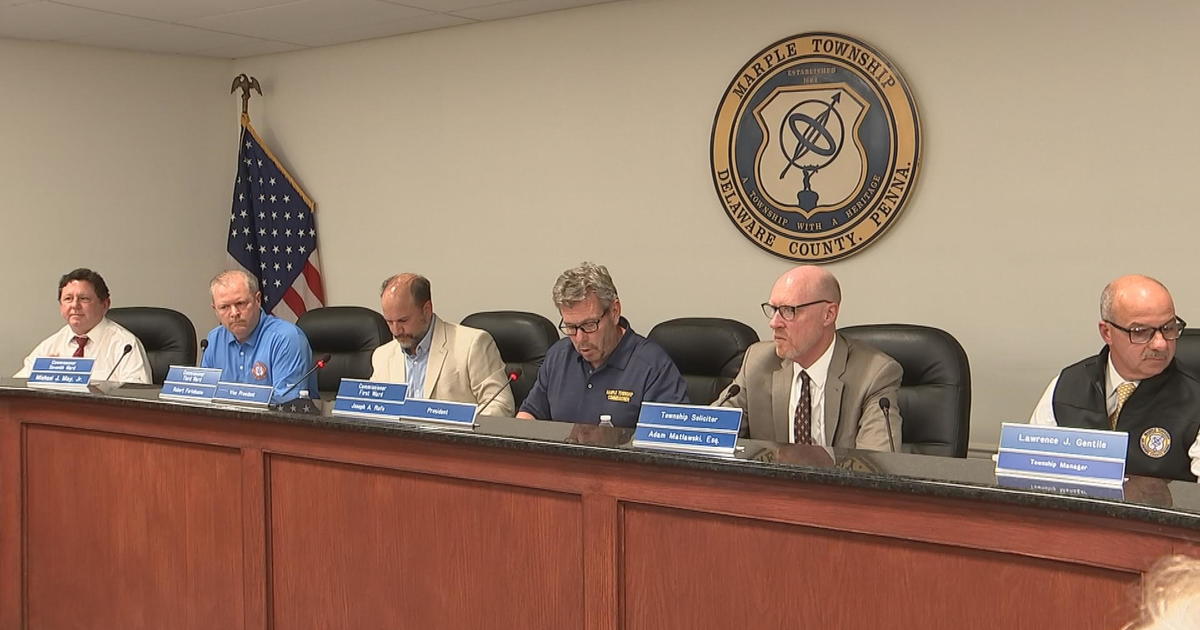Are You Making These 3 Costly Energy Planning Mistakes?
Posted by Phil Cerria on Nov 19, 2015
Developing a strategic energy plan is essential for cutting energy costs. You may be losing money due to an inefficient HVAC unit or because you are locked into an energy contract that doesn't protect you against energy price spikes. You need to examine your energy usage carefully to create an effective plan.
In order to reduce energy consumption, many businesses take drastic measures that aren't always practical. Or, they rush into an energy plan without proper preparation.
Does your energy plan truly help you increase energy savings, or do you implement major changes without considering your overall strategy and goals? Ensure you aren't making these three costly energy planning mistakes:
1. You Make Upgrades Without Considering Where Energy Waste Comes From
When you read about the energy-saving advantages of new light fixtures, retrofitting your HVAC or installing new insulation, take a moment to pause before continuing down the path of an equipment upgrade. Yes, making these changes does contribute to greater energy savings. But what works for one company is not always the most cost-effective option for another.
You must consider where your energy waste is actually coming from before you make major changes to your energy system. Work with an energy advisor and schedule an energy assessment. Your advisor is able to walk through your facility and identify the best opportunities for energy conservation.
2. You Hinder Business Operations By Overcommitting To Energy Savings
It's understandable if you want to cut energy costs by making significant changes to your energy system. However, don't overdo it. Your building's primary objective is to facilitate business operations, and that means maintaining a comfortable work environment.
It's not a good idea to cut back on heating and air conditioning to the point where employees lose focus due to temperature extremes. And, while timers for lighting are often a smart solution, ensure your employees have adequate light to work without needing to reset timers every 15 minutes. You don't want productivity to suffer.
3. You Focus On Immediate Savings Rather Than Long-Term Energy Savings
There's no way around it: Sometimes, you must make an investment in more efficient equipment to secure long-term energy savings. While some programs pay part of the costs when you install new energy equipment, you are still responsible for a partial investment.
For example, your share of the project cost through the Direct Install Program is usually close to 30 percent. New Jersey's Clean Energy Program pays the remaining 70 percent. If you qualify, Direct Install helps you pay for replacing eligible lighting, HVAC units, refrigeration, motors and other equipment.
Don't let an initial investment dissuade you from upgrading your energy system. The right energy plan should be tailored to your business's needs and budget.
An energy advisor is a useful resource when you need help understanding your utility bill, identifying cost-effective energy solutions and developing an energy plan. Steps you take today play a major role in cutting your energy costs for years to come.
Take the next step by downloading tips to start developing an energy protection plan today.



